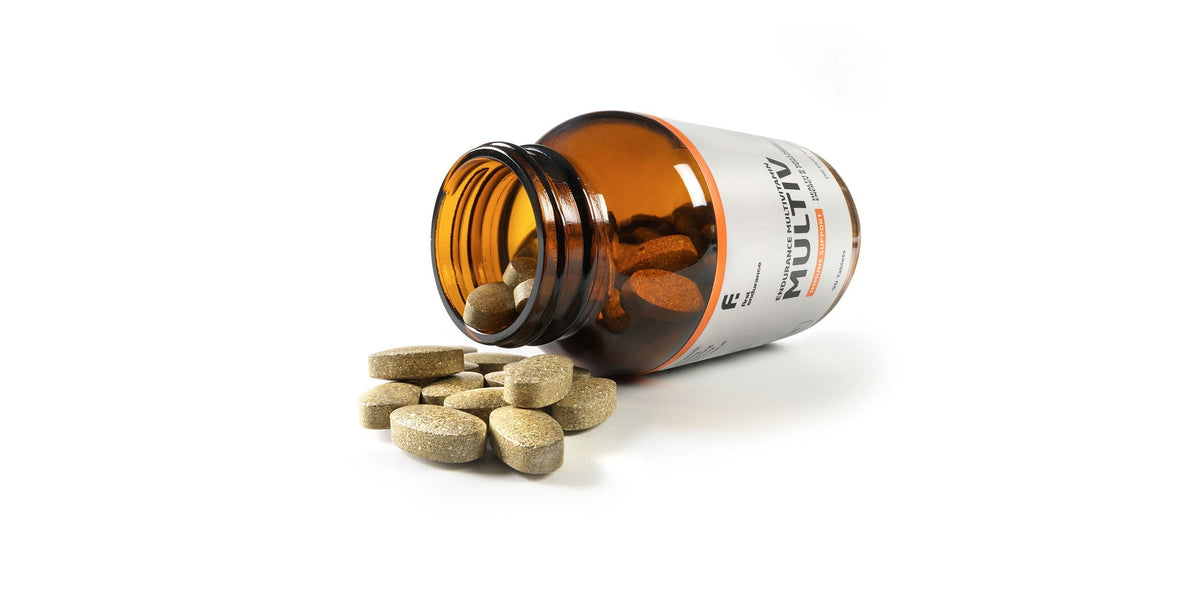Risk Factors
Nobody Eats Right
It’s easy to say and prove that nobody eats right all the time, but considering just the essential micronutrients like vitamins, minerals, and fatty acids (MVMs), there is excellent science to support that nobody always gets enough through normal intake – what you eat.
Look no further than the United States National Health and Examination Survey (NHANES) data for the past 40 years ( Since these data are free for use, many scientists have explored in-depth and found that, regardless of which “daily value” guideline one choses to follow, over 97% of us do not get enough potassium, Vitamin D, and omega-3 fatty acids (EPA, DPA, DHA) to support normal health. Not getting just those three essential nutrients suffices to put all of us at risk for something wicked to happen sooner or later unless you ensure these nutrients are made sufficient in intake. (Spoiler: they rarely are.)
And that’s just for starters – there are about 10 other micronutrients that 50% or more of us are not reaching a healthy intake of. Because of the nature of essentiality, if you do not get enough, you cannot keep normal health. So that’s strike one.
Your Body Has Complications
Even if you get enough intake of an essential nutrient, there could still be problems. Why? We’re all complicated and different, and have hidden gremlins (called your personal genetics). The recent explosion of knowledge on genetic and epigenetic influences on nutrient functions is showing that pretty much all of us have multiple DNA glitches that decrease how we utilize each and every micronutrient.
This information is becoming readily available, and is being used to “guide” dietary and supplemental MVM changes, but has not been embraced by those who tell us what to do based solely on intakes. Bottom line – even if you do eat right, your own self is short-circuiting your pathway to perfect health. Strike two.
Exercise Stress
We all know too much exercise can diminish your health. And we all know where that line is and we all try to exceed it. Overexercise places additional nutritional demands that are difficult to meet with even a healthy diet, and one result of exercise stress is immune function derailment.
Your immune system needs all essential nutrients to function properly – just boosting Vitamin C will not fix a Vitamin D deficiency or replace potassium. If you chronically undergo exercise stress, you are about to get to Strike three.


Leave a Reply